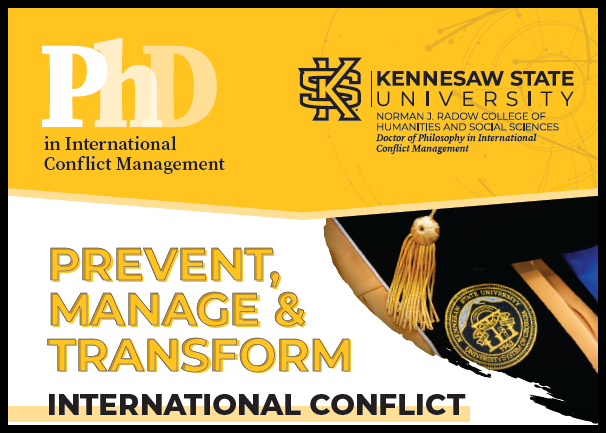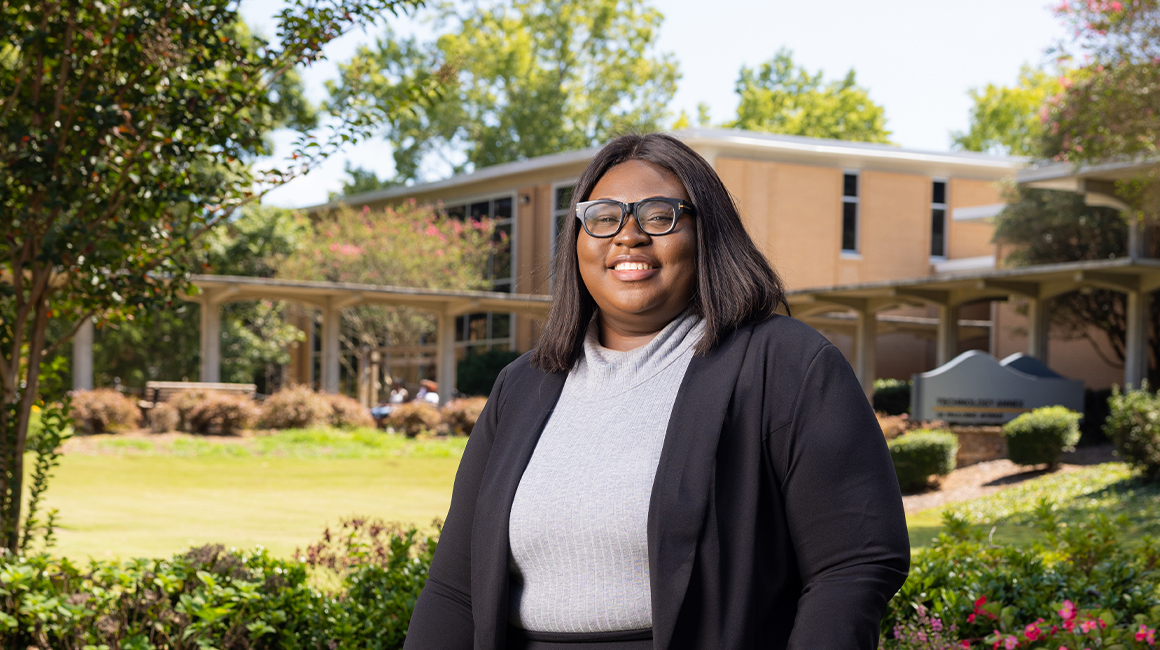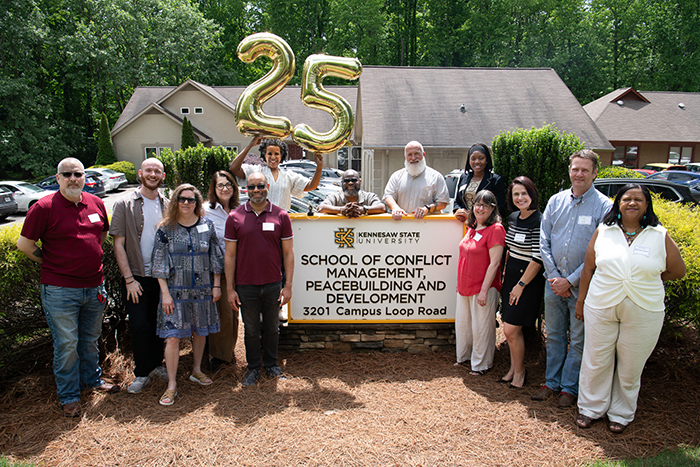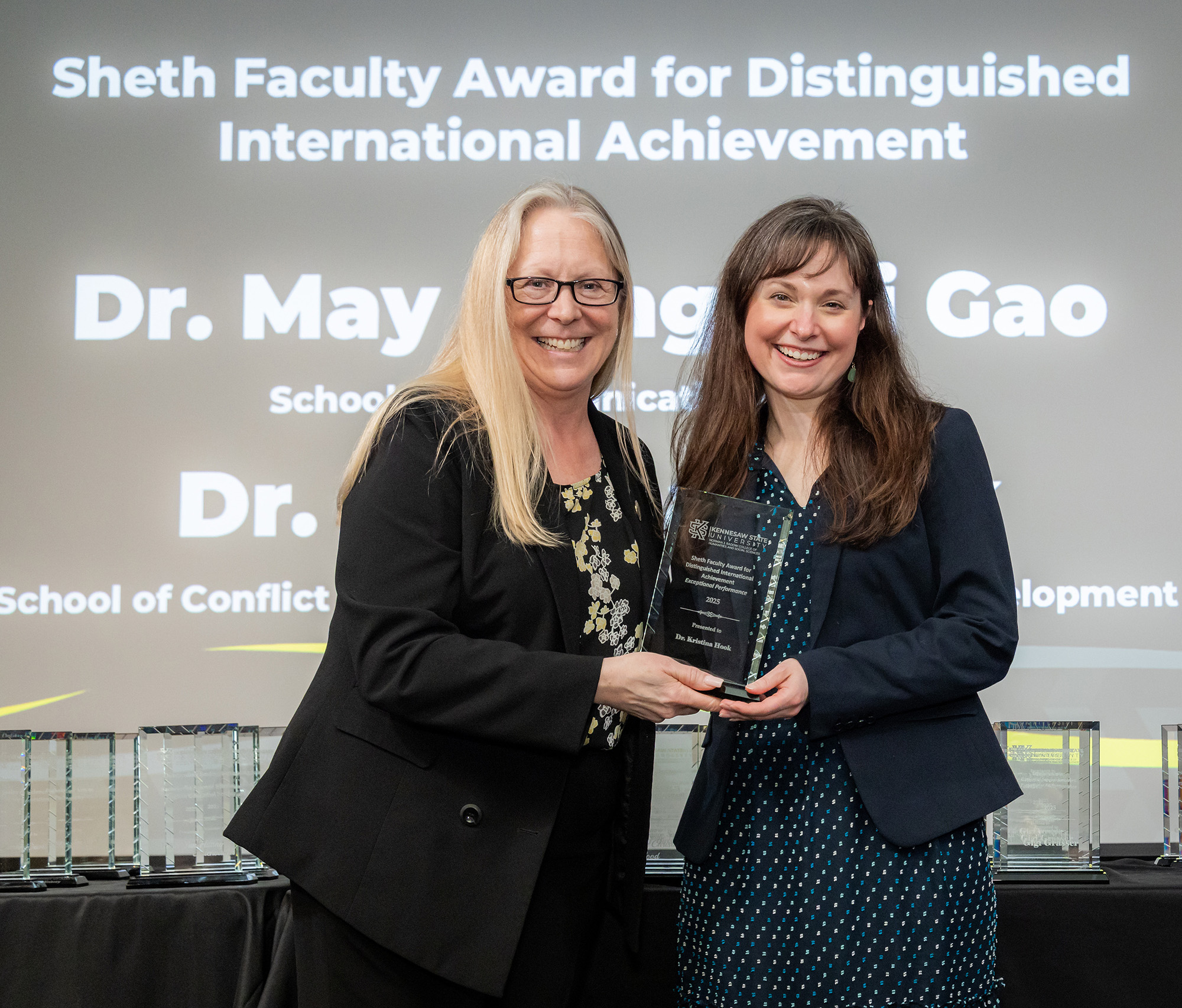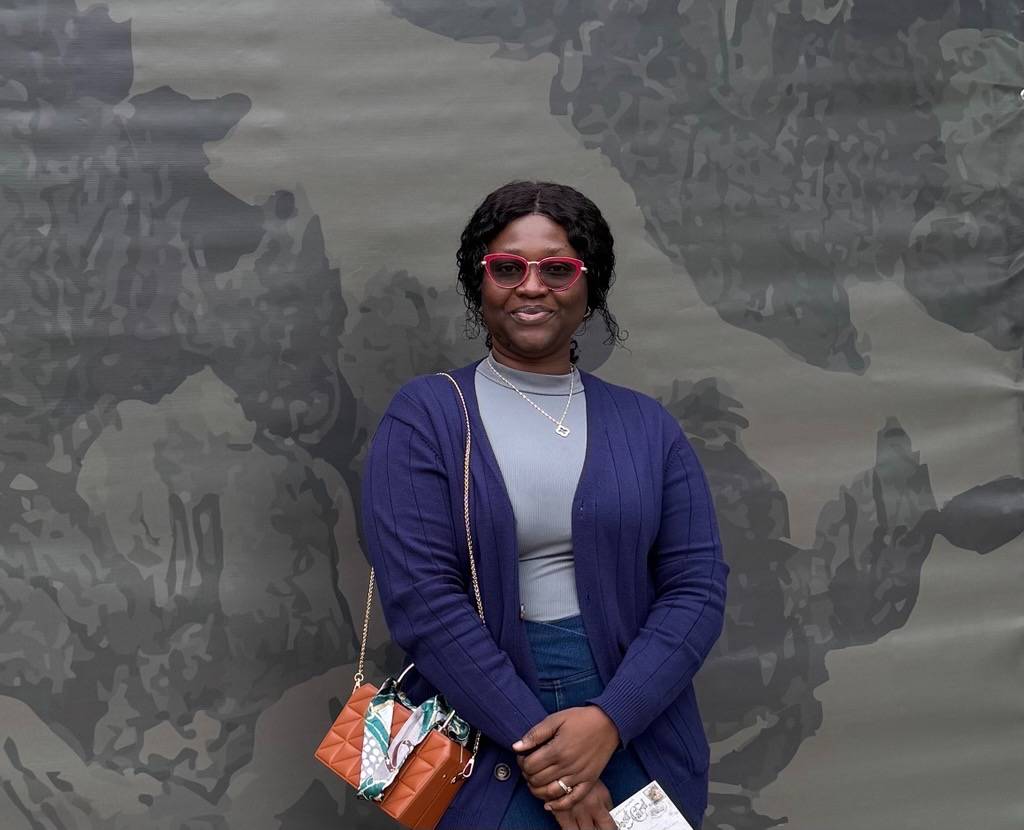-
|
PhD students accepted into the program receive broad interdisciplinary training while also being able to select elective classes in areas of interest. Graduates will be able to address complex conflicts from a sophisticated theoretical, practical, and methodological knowledge base. Core seminars in the semester of the program include:
- International relations theories of conflict
- Economic theories of conflict
- Socio-cultural approaches to conflict
- Peace and conflict studies theories and analysis
- Approaches to knowledge
- Fundamentals of research design
- Quantitative methods
- Qualitative methods
Students are also required to enroll in a course on professional knowledge for the
PhD, an advanced methods course of their choosing, and a dissertation proposal colloquium.
Students must pass a comprehensive exam that covers core theory courses before moving
to Candidacy.
|
-
To become a leading PhD program preparing scholar-practitioners for the complex challenges
of preventing, managing, and transforming international conflict. |
-
This full-time, interdisciplinary, in-residence program is designed to meet the global
demand for scholar-practitioners capable of addressing a complex array of international
conflict and security challenges. Our graduates succeed in a wide range of careers
including tenure-track faculty appointments, positions at international organizations
around the globe, monitoring and evaluation experts for nongovernmental organizations,
government operations, and private sector analysts. |
-
|
The INCM PhD program is one of a small number of PhD programs in International Conflict
Management in North America. Graduates of our program should be able to demonstrate
the following:
- Explain the theoretical and historical foundations of conflict management,
international relations, economics of conflict, and intercultural dynamics of conflict.
- Evaluate and apply concepts and theories of international conflict management to
real world practice.
- Reflect intercultural competency through socio cultural analysis of a conflict context.
- Assess and conduct research using quantitative and qualitative methods.
- Independently design, conduct, and defend research contributing to the field of
international conflict management.
|
-
Selected Careers after the Ph.D. Program
Academic Positions
- Executive Director, Strategic Studies & Partnerships & Associate Professor, University
of North Georgia
- Director, United Nations Regional Centre of Expertise, Salisbury University
- Director of International Student Services, Dixie State University
- Ombudsperson, Georgia State University
- Professor (FH) Vice Director of Studies Sports, Culture & Event Management,
University of Kufstein, Austria
- Assistant Professor of Criminal Justice, University of West Georgia
- Assistant Professor of Conflict Engagement, Creighton University, School of Law
- Lecturer, University of Cape Coast, Ghana
- Lecturer of Sociology, Georgia State University
- Instructor Political Science and Public Affairs, Savannah State
- Instructor, Bethune-Cookman University
- Full-time Temporary Instructor of Political Science and Public Affairs,
Savannah State
- Adjunct Instructor, University of Missouri
- Part-time Assistant Professor of Political Science, Kennesaw State University
Research and Administrative Positions
- Head of Training for Peace Program, Kofi Annan International Peacekeeping Training
Centre, Ghana
- Deputy Manager, Nepal Telecom, Nepal
- Data Analyst and Researcher, Montana Office of Public Instruction K20
- Market Research Analyst, Cisco
- Senior Data Science Associate, PwC, GSRC
- Trainer & Clinical Social Worker, UCLA Nathanson Family Resilience Center
- Enterprise Risk Management - Operations Analyst, Guidehouse
- Independent Data Consulting, Center for Disease Control
- Senior Tax Auditor, Ghana Revenue Authority
- Monitoring and Evaluation Manager, General Board of Global Ministries, The United
Methodist Church
|
|









